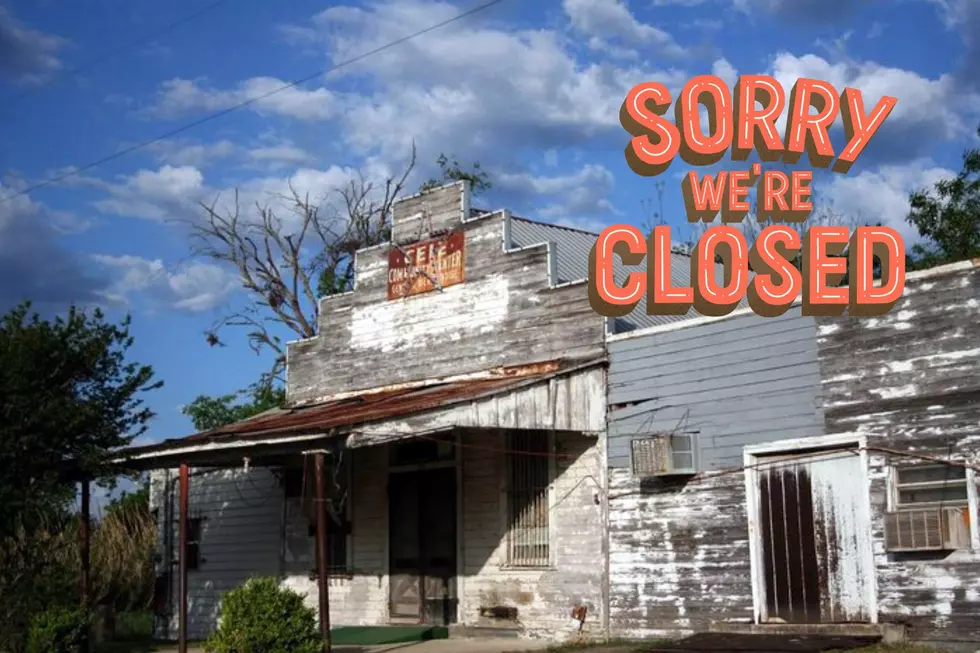
How Many of These Different ‘Occult’ Groups Are Here in East Texas?
Have you heard of any of these different 'occult' groups operating in East Texas?
Since it's almost "spooky season," we're exploring some of the things that scare many of us. Or at least fascinate some East Texans.
I remember hearing as a child that even things as seemingly simple as playing with a Ouija board, engaging in a game of Dungeons & Dragons, or listening to certain kinds of music, could put one in danger of being influenced by the occult. Even reading one's astrology in the newspaper is frowned upon by some.
But what does that term even mean?

There has been much speculation about the evil of occultism. People have been both fascinated and filled with trepidation about those who have an interest in the occult for thousands of years.
Occultism isn't actually a "religion." Instead, it refers to the interest and study of the occult, which really just refers to practices that are shrouded in mystery and secrets.
Now if we were to look at some of the sub-groups and/or terms people often associate with the occult generally speaking, here are a few of them, simplified and quite condensed, for you to peruse:
Witchcraft. Basically, if you're referring to the religious practice of witchcraft, this includes things like magick and often shows a fondness for the natural world.
Wicca. Often you'll hear this term used by those who practice a type of witchcraft. This is a religion that focuses heavily on the natural world. The rituals and/or practices come from a pre-Christian era. Often these practices will in some way coincide with the seasons or what phase the moon is in. But, different groups practice in different ways.
What is Paganism? Think of this as a kind of catch-all concept for religions that fall outside of the mainline religions common today. Huge focus on nature.
Yikes, what about Satanism? This sprung up sometime in the 1960s and was founded in 1966 by a man named Anton LaVey. But even this has sub-groups. One is more theistic in nature, viewing "Satan" as a type of father figure. The other doesn't hold a belief in any gods or demons at all and focuses more on symbolism as it pertains to humanity.
Who are the Druids? Interestingly, druidism has maintained a presence and indeed is seeing a renewal in the past couple of decades. Like many others, this movement has a fondness for finding a connection with the world of nature. Many aren't aware, however, that many early Druids also identified as Christians.
Okay then, what does Heathenry refer to? Those who refer to themselves as "heathens" typically model their practices on pre-Christian concepts and deities. Often alcoholic beverages are used to toast their particular deities or gods.
New Age is a movement that really came to light in both Europe and the U.S. in the 1970s. This is such a general term and those who consider themselves to be "new age" may define that for themselves in varying ways.
You can google this, or any of these terms to get a plethora of information, as you see fit. It's surreal how some of these have seen renewed interest over the past couple of decades.
Are you familiar with any groups of this nature operating in East Texas?
Trick-Or-Treating? Here are Key Safety Tips For Your Kids Before They Head Out
10 Amusing Halloween Displays You'll See Around Your Neighborhood
Here's a Look at 10 of the Strangest Phobias that Plague Some of Us
More From KKTX FM









